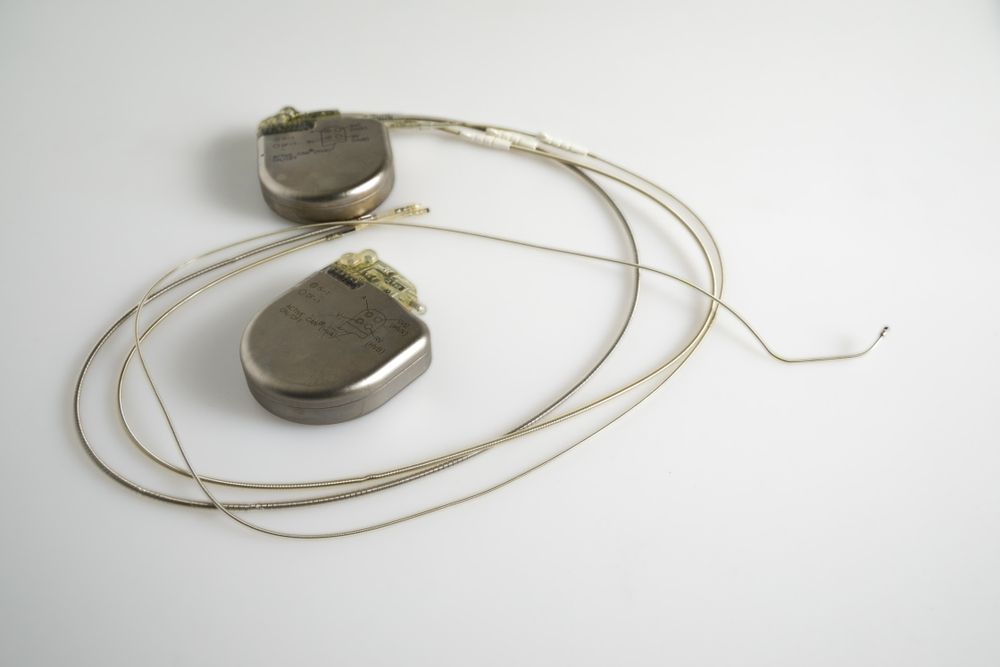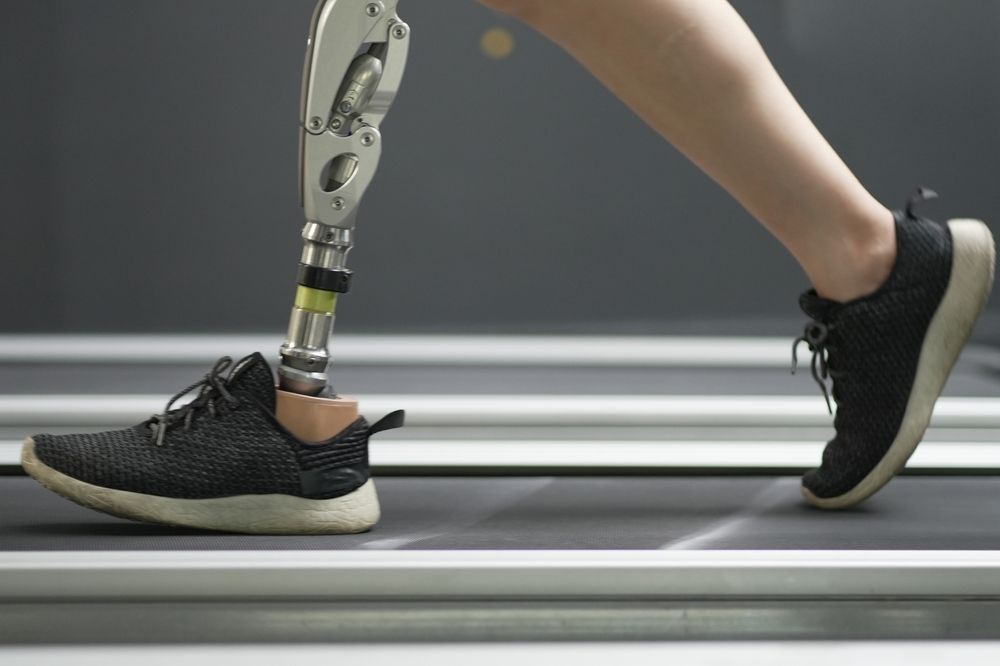Sales and Use Tax Compliance: Ruling in South Dakota vs Wayfair Case Concerns Small Sellers

This past Tuesday April 17th the Supreme Court of the United States heard oral arguments in the case of South Dakota vs Wayfair, Inc. It’s not often that our country’s highest Court hears a case about state sales and use tax. In fact, the last significant sales and use tax case heard by the Supreme Court was Quill Corp. v. North Dakota in 1992 which set the precedent that out of state retailers are not required to register and collect sales and use tax unless they have a physical presence in a state. Obviously, much has changed in the online retail market since that landmark 1992 ruling.
In some ways it was a surprise that South Dakota vs Wayfair, Inc. was taken up by the Court because on its face the South Dakota law appears to clearly contradict Quill . In fact, the South Dakota Legislature acknowledged that the law may be unconstitutional at the time it was drafted. Regardless, the law was enacted, controversy arose and after a rather quick escalation through the state and U.S. Court Systems South Dakota petitioned the Supreme Court with a writ of certiorari in October 2017 . The petition was granted in January 2018. Because the Supreme Court accepted a case that appears to relate to a matter previously decided, much speculation abounds that South Dakota has the advantage and that the Court would like to overturn Quill .
Further support for this line of reasoning can be inferred from Justice’s Gorsuch’s concurrence in a 2016 case regarding Colorado’s requirement for out of state sellers to bear some responsibility for sales and use tax compliance reporting. At the time, Justice Gorsuch was a Judge at the U.S. Court of Appeals for the Tenth Circuit in Denver, CO. Additionally, the position taken by Justice Kennedy in his 2015 concurring opinion in denying the writ of certiorari in Direct Marketing Association v. Brohl clearly demonstrates his support to reconsider Quill noting the “changes in technology and consumer sophistication” which have taken place since 1992.
This past Tuesday there was much concern expressed by the Supreme Court Justices about “small sellers” and the sales and use tax compliance burden that may be placed on them if Quill were to be overturned. Much of the concern relates to whether the Wayfair ruling would be prospective or retroactive. South Dakota ceded ten of its thirty allotted minutes before the Court to Malcolm L. Stewart, Deputy Solicitor General for the U.S. When asked by the Court, Mr. Stewart left no doubt that in his mind the ruling would have to be retroactive. All businesses that currently sell to out of state markets and are relying on Quill’s physical presence test shudder at what this could mean for them financially.
The Court seems to be aware of this potential financial pitfall for businesses that would all of a sudden find themselves out of compliance with sales and use tax reporting requirements. Some Justices appear to feel that the problems of sales and use tax registration and ongoing sales and use tax compliance reporting would be solved in the marketplace by entrepreneurs through software or additional service offerings. Other Justices appear concerned about the potential for states and other jurisdictions to go back and try and recoup as much money as possible from businesses that previously had no requirement to report sales and use tax.
While it appears that the final decision is too close to call at this time, the discussion from the Courtroom this past Tuesday was very interesting. A full transcript of the oral arguments can be found here. A ruling is expected near the end of June 2018.
GET IN TOUCH
3295 River Exchange Dr., Suite 425
Norcross, Georgia 30092
info@salesandusetax.com
(888) 350-4829
STAY CONNECTED
Join our newsletter and find out more
Contact Us
We will get back to you as soon as possible
Please try again later
All Rights Reserved | Agile Consulting Group










